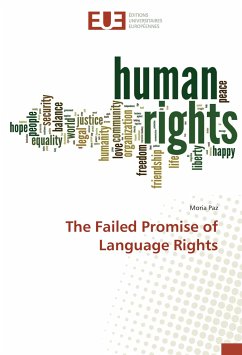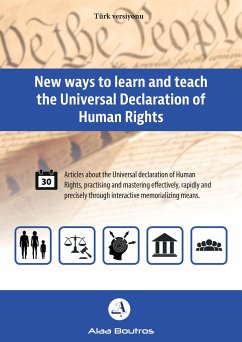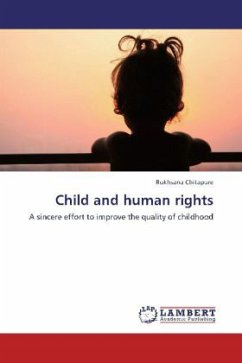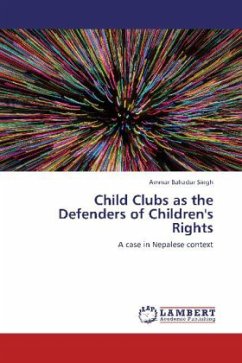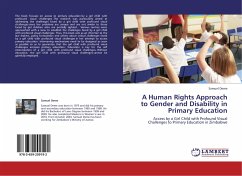The human rights regime is formally committed to the protection of minority cultures, as abundantly documented in the language of the various treaties, conventions and scholarly texts that together embody international law and custom. However, this book suggests that, in reality, when courts and other quasi-judicial bodies implement these commitments, they do not privilege diversity and do not protect language rights as substantive rights. Instead, they guarantee minority language speakers only negative liberties and limited positive protection to ensure assimilation into the dominant language on fair terms. Undergirding the narrow protections thus afforded are a distinct set of values having nothing to do with language rights as substantive goods. Instead they oblige the law to ensure that members of a minority enjoy procedural justice, promote minimal political participation, or provide libertarian protection against state-ordered assimilation. These thin guarantees, in turn, are premised on the minority's eventual assimilation into the dominant language of the state.
Bitte wählen Sie Ihr Anliegen aus.
Rechnungen
Retourenschein anfordern
Bestellstatus
Storno

